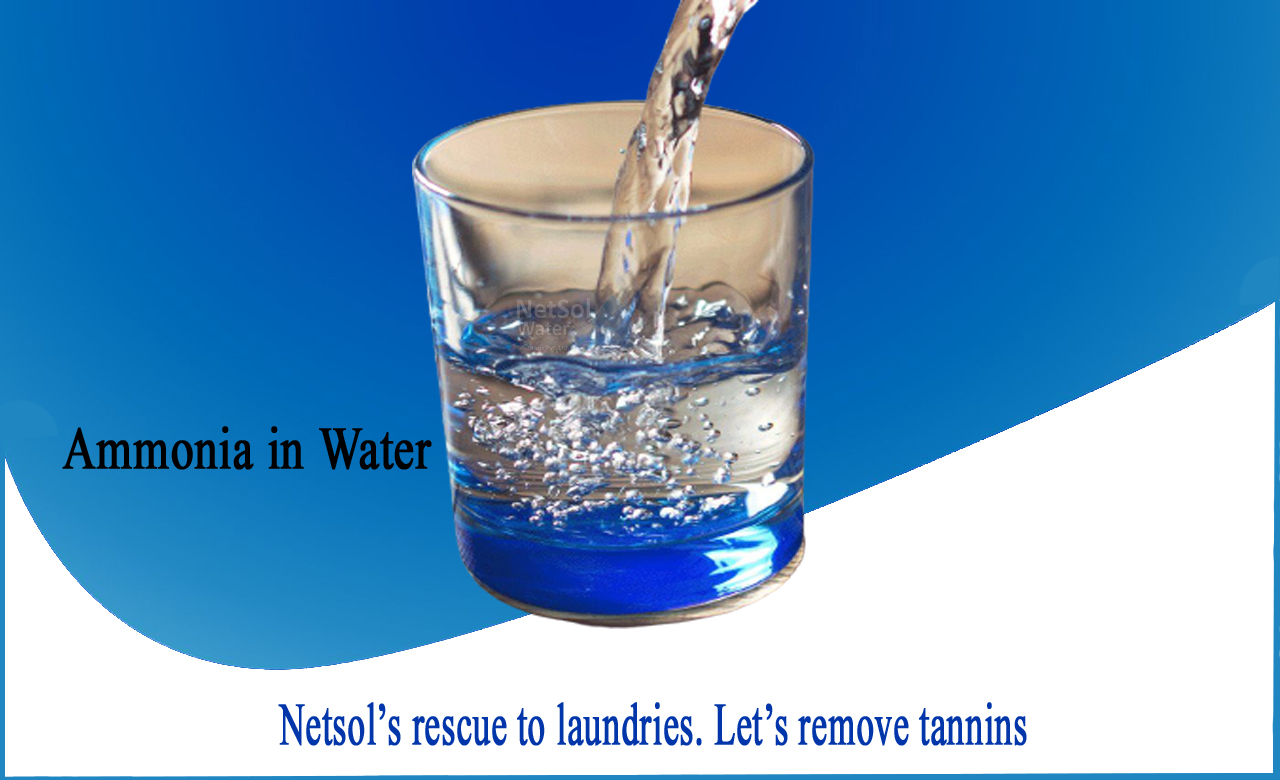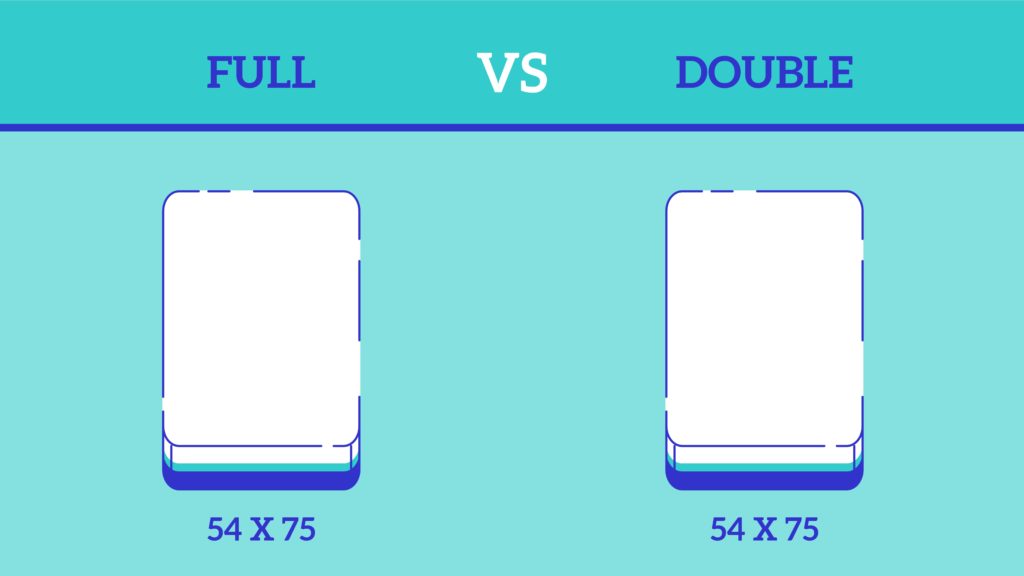Baking soda and vinegar are two common household ingredients that can be used to effectively clean your kitchen sink. These natural cleaners are powerful and safe, making them a popular choice for those who want to avoid harsh chemicals. To use this method, start by sprinkling a generous amount of baking soda all over your sink. Let it sit for a few minutes, allowing it to absorb any odors and loosen any grime. Then, pour vinegar over the baking soda and watch as it fizzes and foams. This reaction helps to break down stubborn stains and kill bacteria. After a few minutes, scrub the sink with a clean sponge or scrub brush, paying extra attention to any areas with built-up grime. Rinse with warm water and dry with a clean cloth. Your sink will be sparkling clean and free from any unpleasant odors.1. Baking soda and vinegar
If you're looking for a natural cleaner that will leave your sink smelling fresh and looking shiny, try using lemon juice and salt. The citric acid in lemons helps to break down grease and grime, while the coarse texture of salt acts as a gentle scrub. To use this method, cut a lemon in half and sprinkle salt over the cut side. Use the lemon as a scrubber, rubbing it all over your sink. The salt will help to remove any stubborn stains and the lemon will leave behind a fresh scent. Rinse with warm water and dry with a clean cloth.2. Lemon juice and salt
If you're dealing with a sink that is covered in greasy residue, dish soap and hot water are your best bet. Dish soap is designed to cut through grease and grime, making it an effective cleaner for your kitchen sink. To use this method, fill your sink with hot water and add a few drops of dish soap. Use a clean sponge to scrub the sink, paying extra attention to any greasy areas. Rinse thoroughly with warm water and dry with a clean cloth. Your sink will be left sparkling clean and free from any grease or grime.3. Dish soap and hot water
If you're dealing with tough stains or bacteria in your sink, bleach can be a powerful cleaner. It's important to use bleach carefully and follow all safety precautions, as it can be harmful if not used properly. To use this method, mix bleach with water in a well-ventilated area. Use a clean sponge to scrub the sink, paying extra attention to any areas with stains or buildup. Rinse thoroughly with warm water and dry with a clean cloth. Be sure to wear gloves and avoid mixing bleach with other cleaners.4. Bleach and water
White vinegar is a great all-purpose cleaner that can be used to clean your kitchen sink. It's safe, affordable, and effective at removing stains and killing bacteria. To use this method, mix equal parts white vinegar and water in a spray bottle. Spray the mixture all over your sink and let it sit for a few minutes. Then, use a clean sponge or scrub brush to scrub the sink. Rinse thoroughly with warm water and dry with a clean cloth. Your sink will be left sparkling clean and free from any bacteria.5. White vinegar and water
Borax is a natural mineral that can be used as a gentle cleaner for your kitchen sink. It's safe, affordable, and effective at removing stains and killing bacteria. To use this method, mix borax with water to create a paste. Use a clean sponge to scrub the sink, paying extra attention to any stubborn stains. Rinse thoroughly with warm water and dry with a clean cloth. Your sink will be left clean and shiny, without the use of harsh chemicals.6. Borax and water
If you're dealing with tough stains or bacteria in your sink, using a mixture of hydrogen peroxide and baking soda can be an effective solution. Hydrogen peroxide is a natural disinfectant, while baking soda helps to break down stains and grime. To use this method, mix hydrogen peroxide and baking soda to create a paste. Use a clean sponge to scrub the sink, paying extra attention to any tough stains. Rinse thoroughly with warm water and dry with a clean cloth. Your sink will be left clean and free from bacteria.7. Hydrogen peroxide and baking soda
Citric acid is a powerful natural cleaner that can be used to remove rust and stains from your kitchen sink. It's safe, affordable, and effective at breaking down tough grime. To use this method, mix citric acid with water to create a paste. Use a clean sponge to scrub the sink, paying extra attention to any areas with rust or stains. Rinse thoroughly with warm water and dry with a clean cloth. Your sink will be left clean and free from any rust or stains.8. Citric acid and water
Oxygen bleach is a natural and safe alternative to traditional bleach, making it a popular choice for cleaning your kitchen sink. It's effective at removing stains and killing bacteria without the use of harsh chemicals. To use this method, mix oxygen bleach with water in a well-ventilated area. Use a clean sponge to scrub the sink, paying extra attention to any stubborn stains. Rinse thoroughly with warm water and dry with a clean cloth. Your sink will be left clean and free from bacteria.9. Oxygen bleach and water
Ammonia is a powerful cleaner that can be used to remove tough stains and kill bacteria in your kitchen sink. It's important to use ammonia carefully and follow all safety precautions, as it can be harmful if not used properly. To use this method, mix ammonia with water in a well-ventilated area. Use a clean sponge to scrub the sink, paying extra attention to any stubborn stains. Rinse thoroughly with warm water and dry with a clean cloth. Be sure to wear gloves and avoid mixing ammonia with other cleaners. With these 10 natural and effective methods, you can keep your kitchen sink clean and free from bacteria without the use of harsh chemicals. Choose the method that works best for you and enjoy a sparkling clean sink every day.10. Ammonia and water
Why a Good Kitchen Sink Cleaner is Essential for a Clean and Beautiful Kitchen

Efficient Cleaning for a Spotless Kitchen Sink
 Keeping our kitchen sink clean is an important part of maintaining a hygienic and visually appealing kitchen. After all, it is the main area where we wash our dishes, fruits, and vegetables, and it is constantly exposed to food particles, grease, and other residue. That’s why using a high-quality
kitchen sink cleaner
is essential for achieving a truly clean and spotless sink.
Keeping our kitchen sink clean is an important part of maintaining a hygienic and visually appealing kitchen. After all, it is the main area where we wash our dishes, fruits, and vegetables, and it is constantly exposed to food particles, grease, and other residue. That’s why using a high-quality
kitchen sink cleaner
is essential for achieving a truly clean and spotless sink.
Eliminate Germs and Bacteria
 Did you know that the kitchen sink harbors more bacteria than your toilet seat? It’s a shocking fact, but it’s true. This is because we often neglect to properly clean and disinfect our sinks, which can lead to a buildup of harmful germs and bacteria. However, with the right
product to clean kitchen sink
, you can easily eliminate these unwanted guests and ensure a clean and healthy kitchen.
Did you know that the kitchen sink harbors more bacteria than your toilet seat? It’s a shocking fact, but it’s true. This is because we often neglect to properly clean and disinfect our sinks, which can lead to a buildup of harmful germs and bacteria. However, with the right
product to clean kitchen sink
, you can easily eliminate these unwanted guests and ensure a clean and healthy kitchen.
Restore the Shine to Your Sink
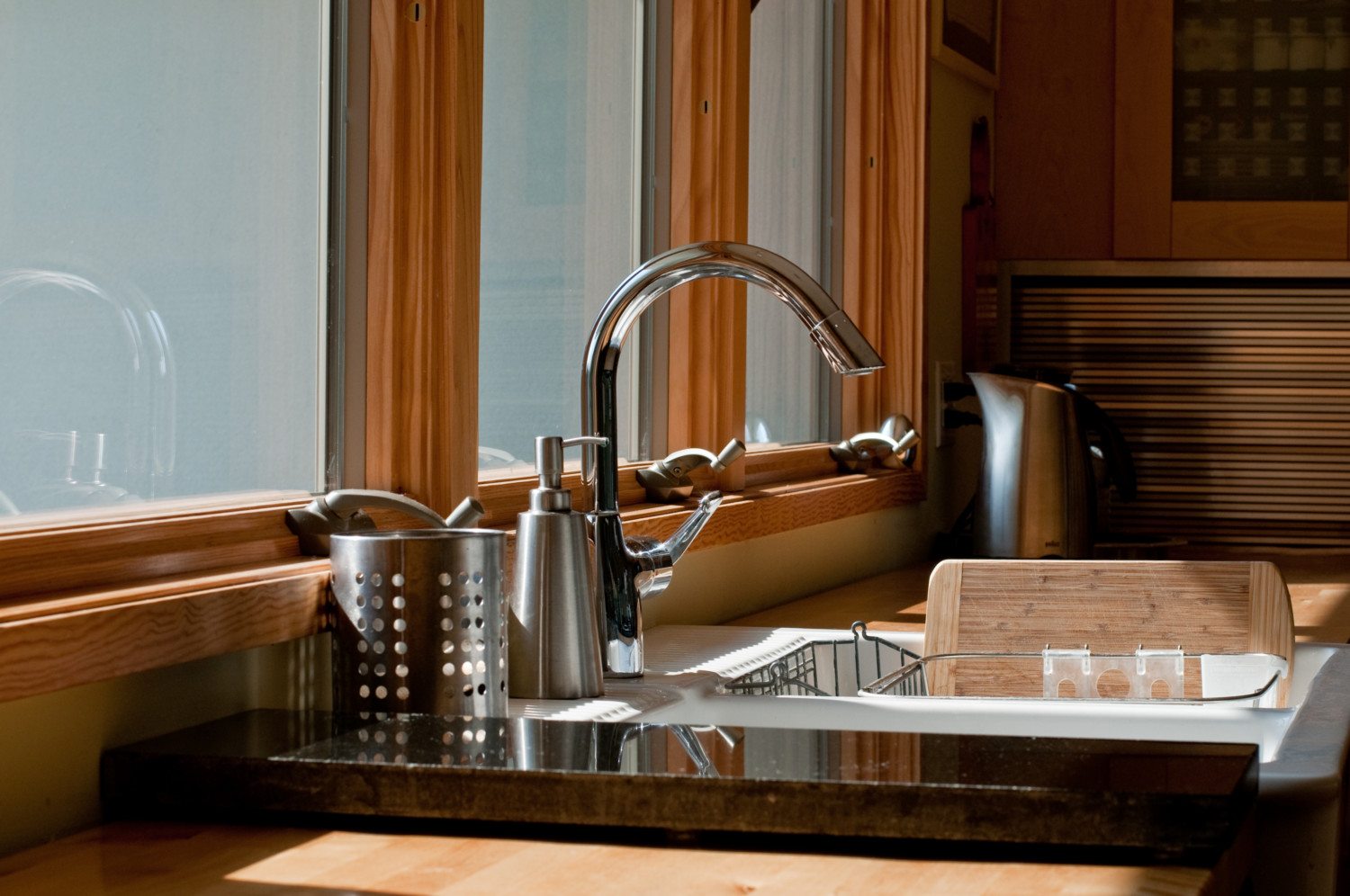 Over time, our sinks can become dull and stained due to daily use and exposure to different types of liquids and foods. This can make our kitchen look dull and uninviting. But with a good kitchen sink cleaner, you can easily restore the shine and sparkle to your sink. The right formula will not only clean and disinfect, but also leave your sink looking brand new.
Over time, our sinks can become dull and stained due to daily use and exposure to different types of liquids and foods. This can make our kitchen look dull and uninviting. But with a good kitchen sink cleaner, you can easily restore the shine and sparkle to your sink. The right formula will not only clean and disinfect, but also leave your sink looking brand new.
Protect Your Investment
 Investing in a good kitchen sink is no small expense. That’s why it’s important to take care of it and protect it from damage. Using a
product to clean kitchen sink
that is specifically designed for your sink’s material will not only clean and disinfect, but also protect it from scratches and other forms of damage. This will ensure that your sink stays looking beautiful for years to come.
Investing in a good kitchen sink is no small expense. That’s why it’s important to take care of it and protect it from damage. Using a
product to clean kitchen sink
that is specifically designed for your sink’s material will not only clean and disinfect, but also protect it from scratches and other forms of damage. This will ensure that your sink stays looking beautiful for years to come.
Conclusion
 A clean and beautiful kitchen sink is an essential element of any well-designed kitchen. With the right
kitchen sink cleaner
, you can achieve a spotless and germ-free sink, restore its shine, and protect your investment. Don’t underestimate the power of a good sink cleaner in maintaining a clean and inviting kitchen.
A clean and beautiful kitchen sink is an essential element of any well-designed kitchen. With the right
kitchen sink cleaner
, you can achieve a spotless and germ-free sink, restore its shine, and protect your investment. Don’t underestimate the power of a good sink cleaner in maintaining a clean and inviting kitchen.

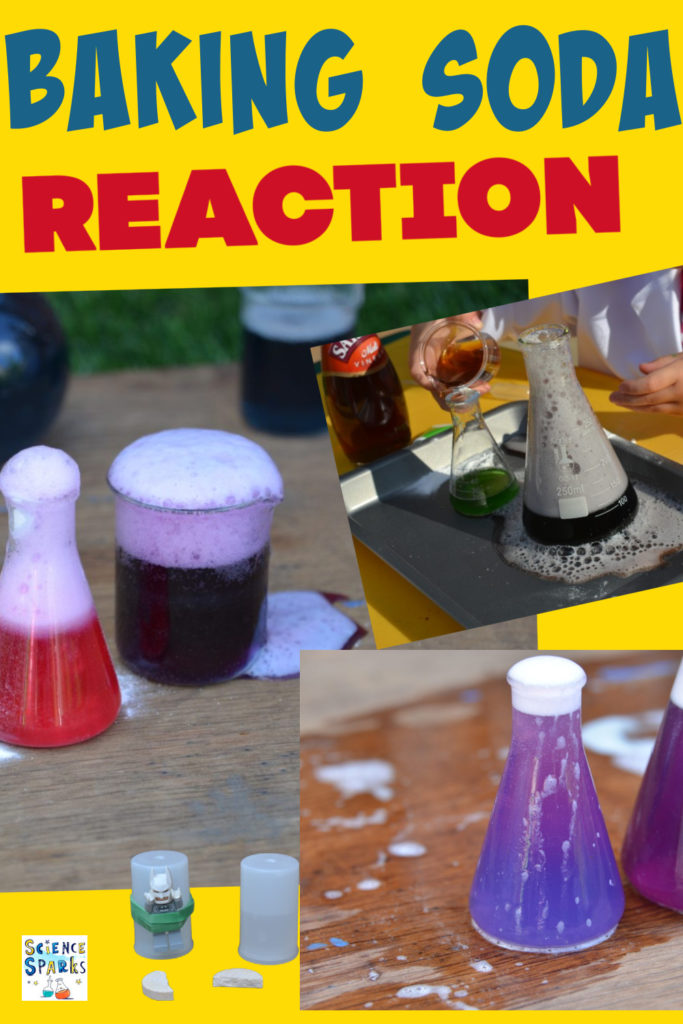


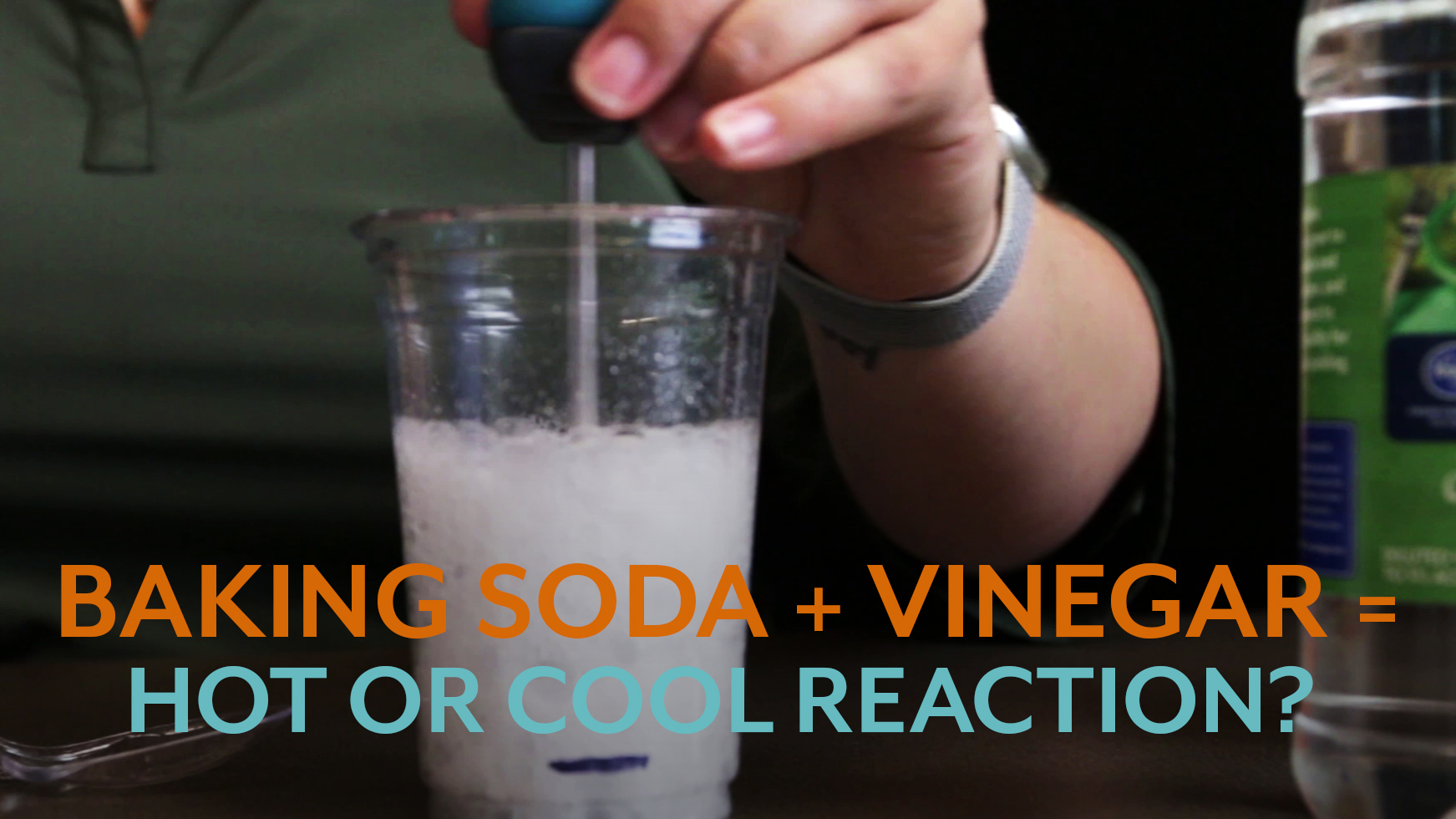

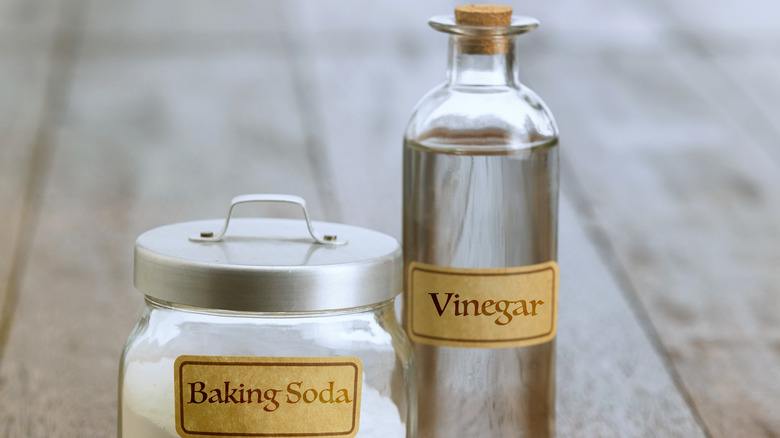
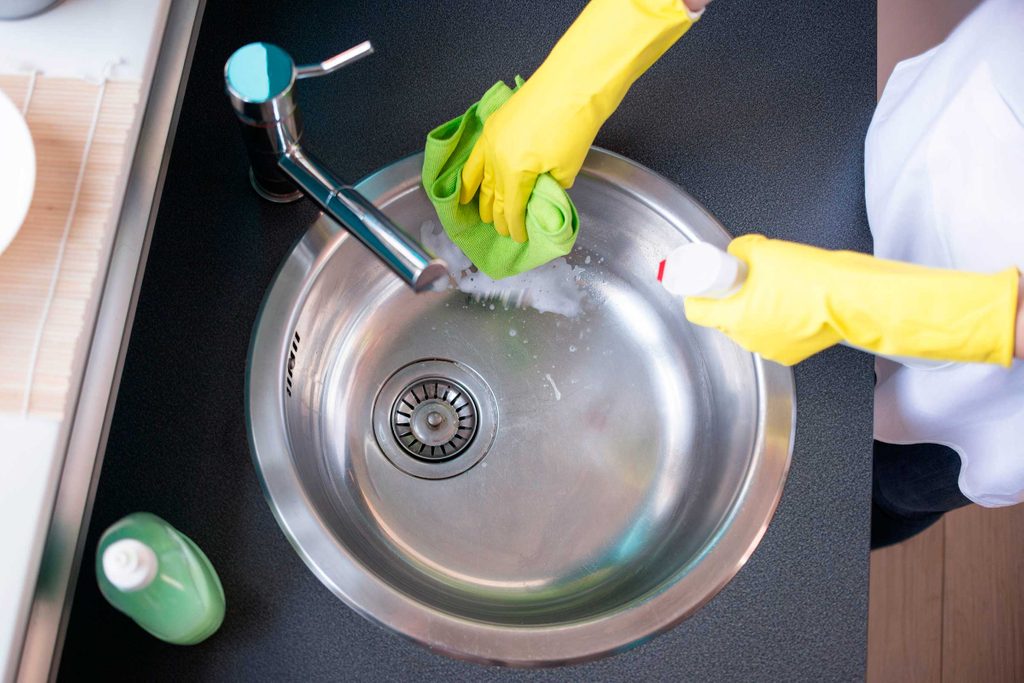


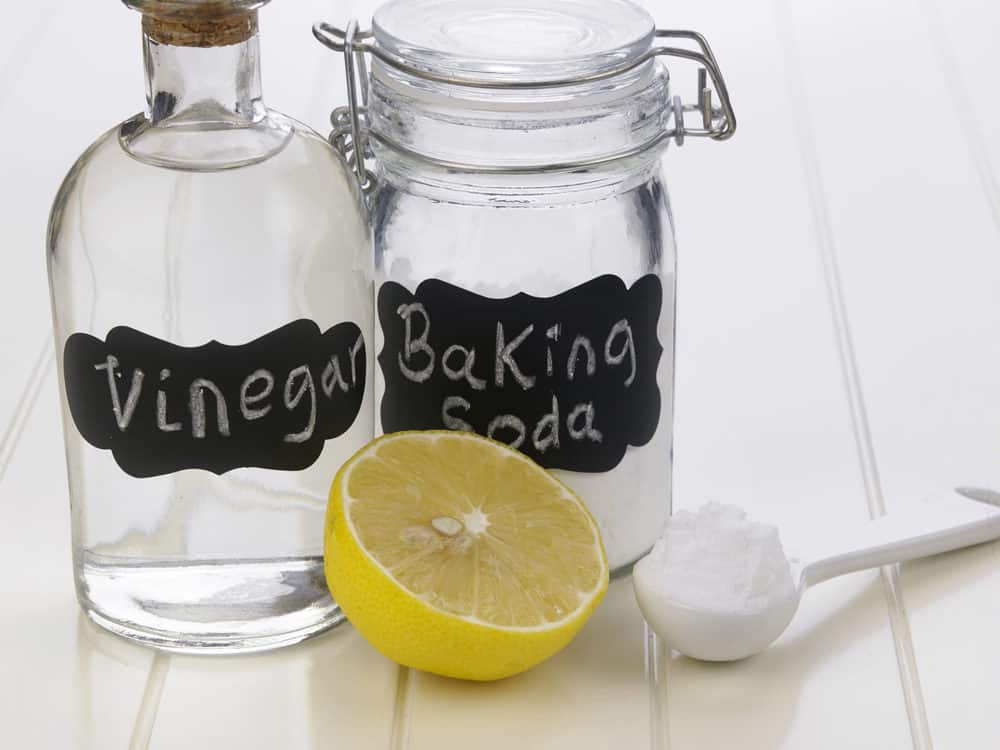



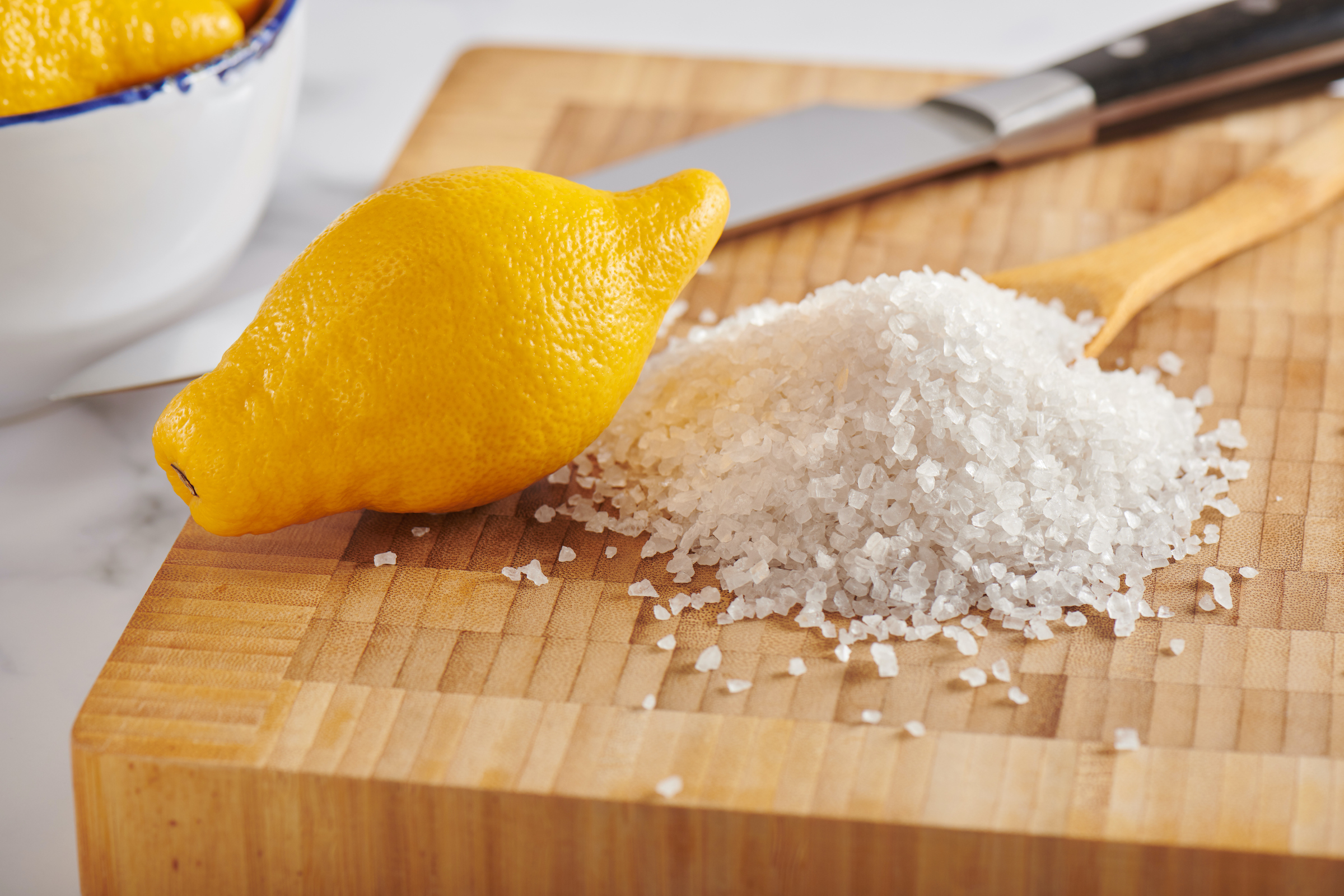
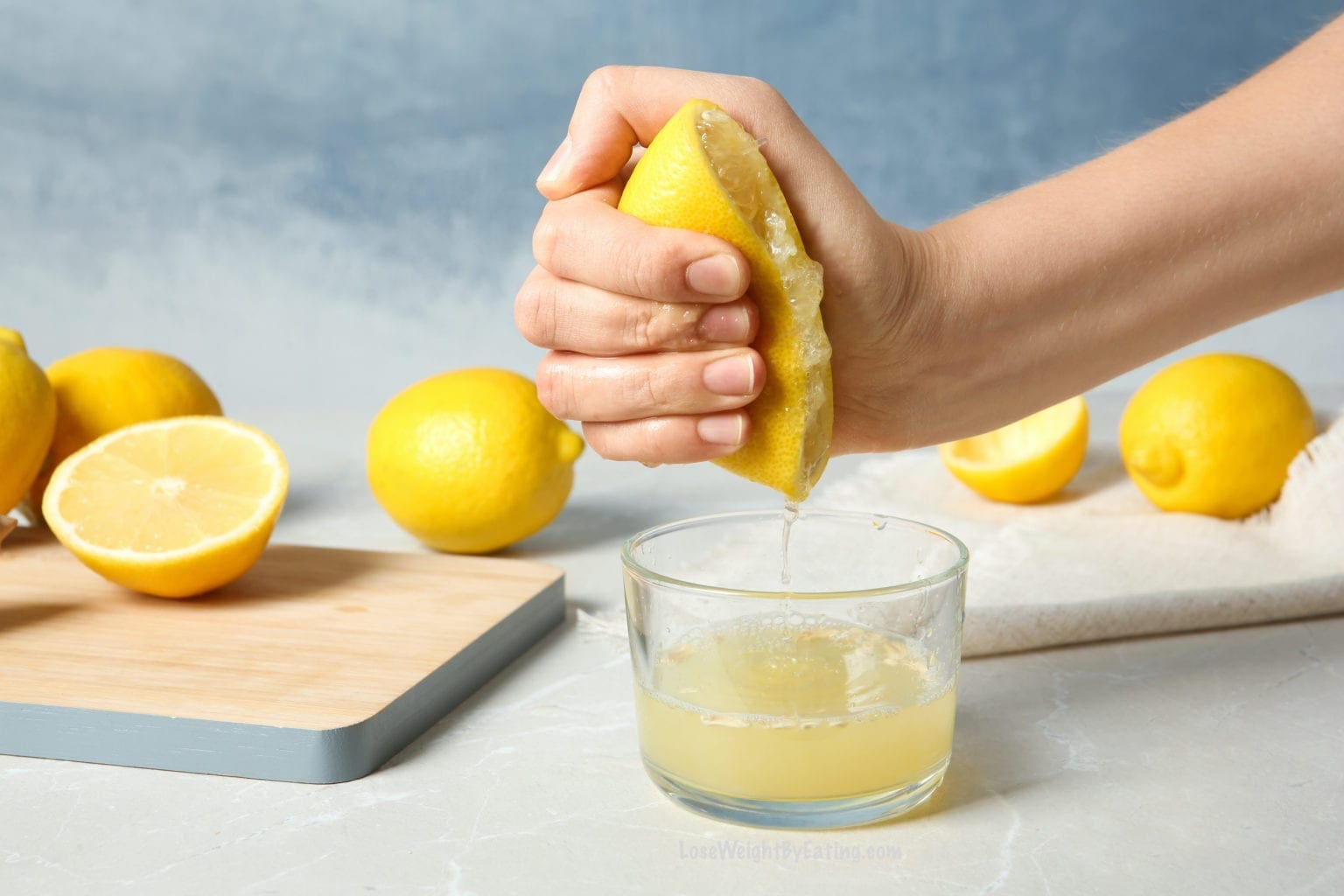

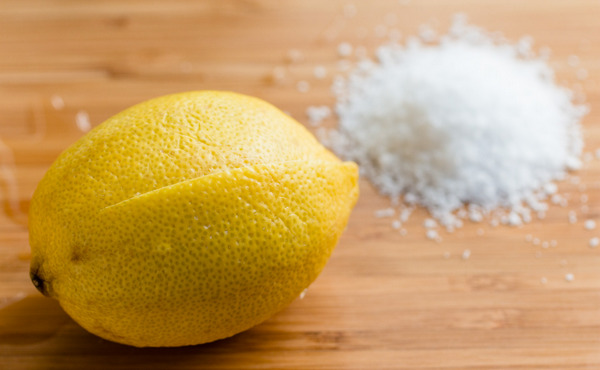






/GettyImages-80566571-5a1ca234aad52b00373338ff.jpg)
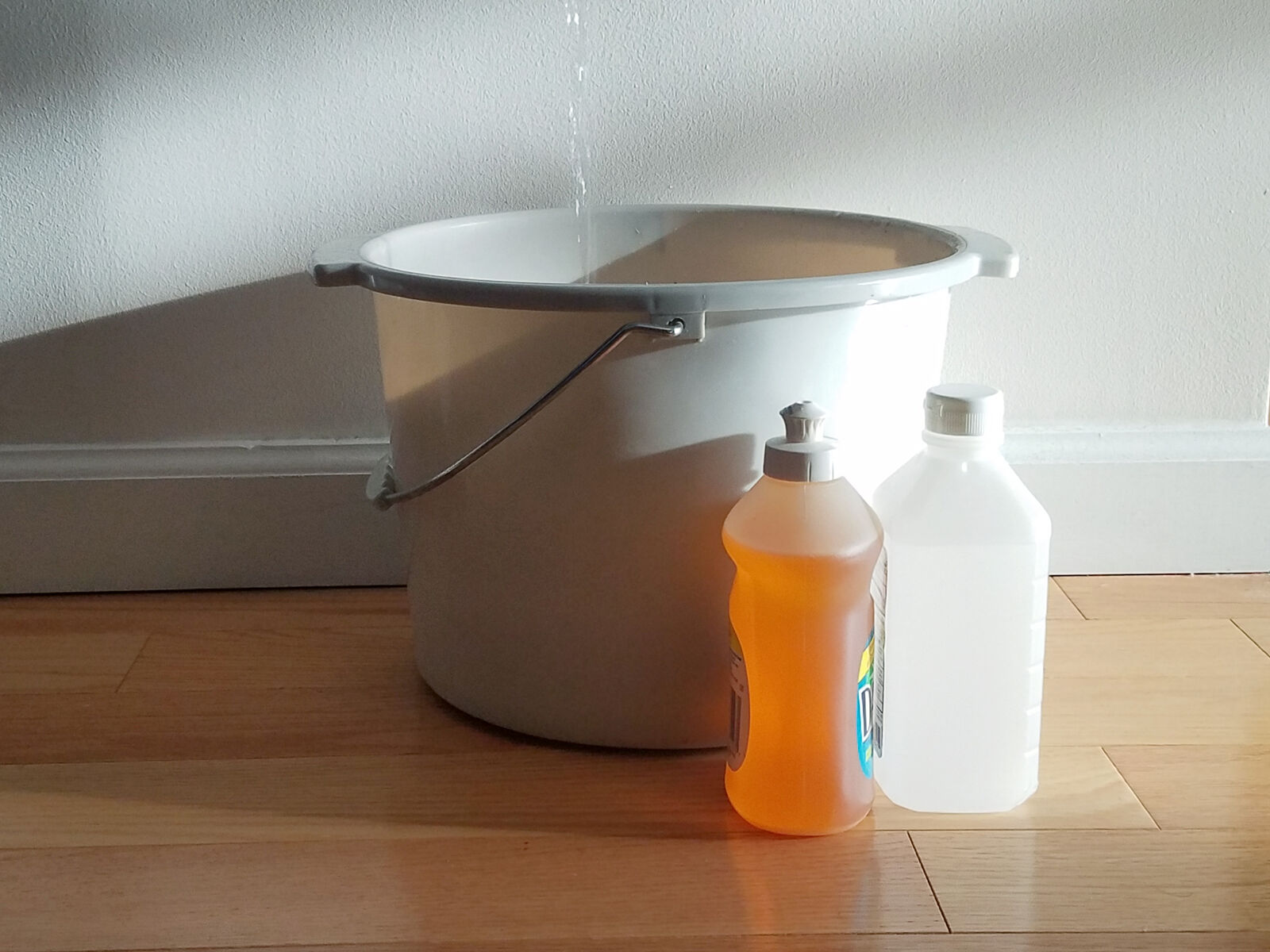


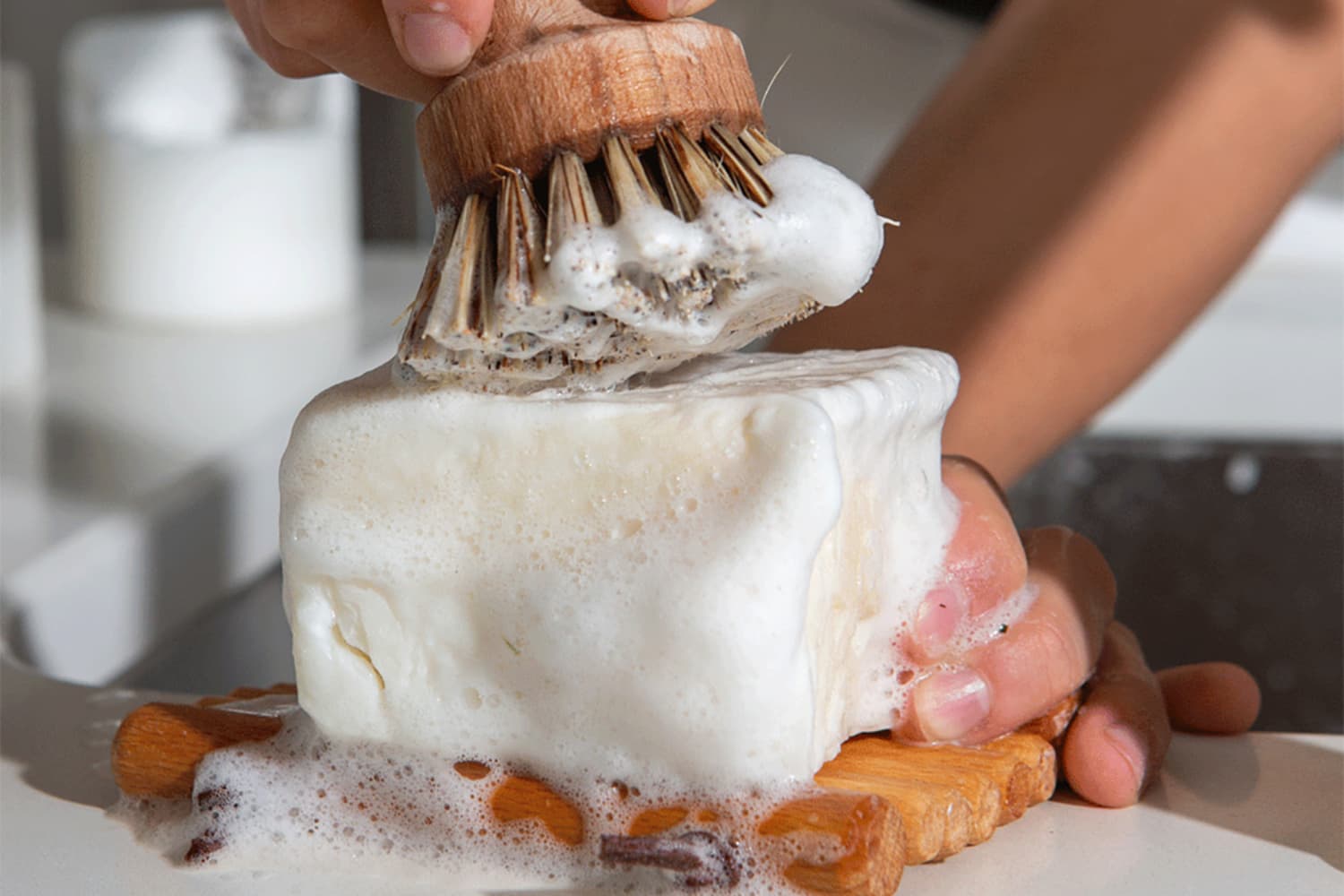


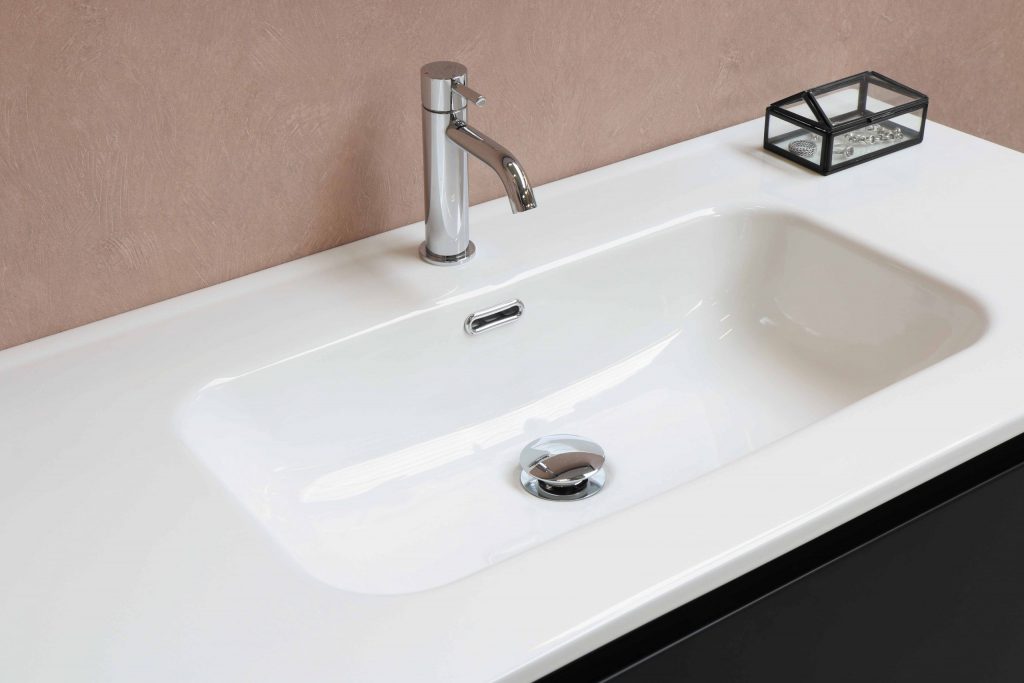




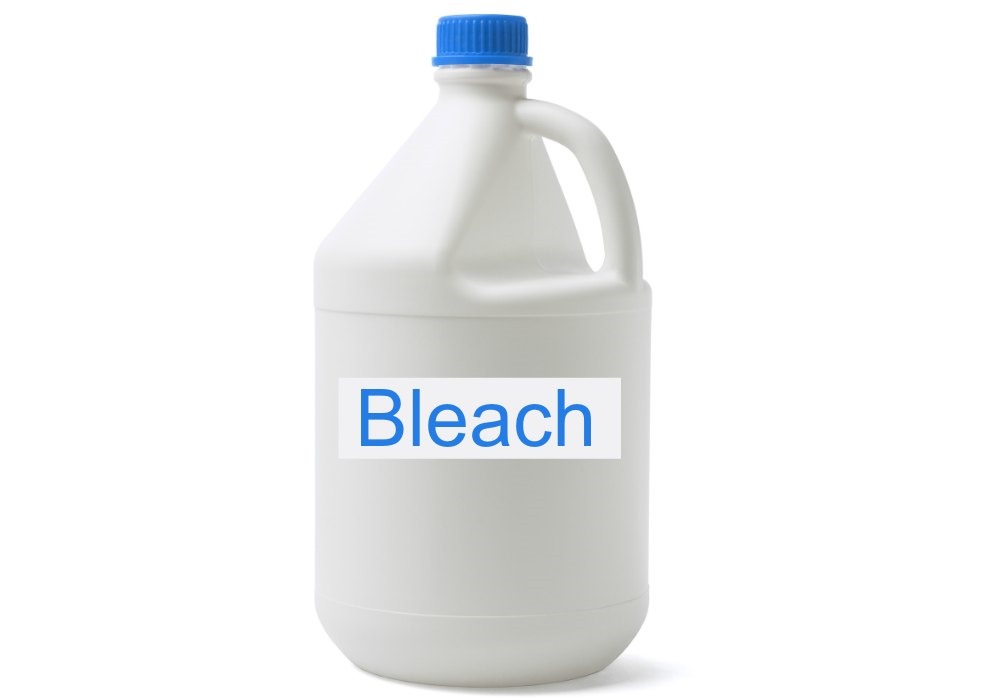

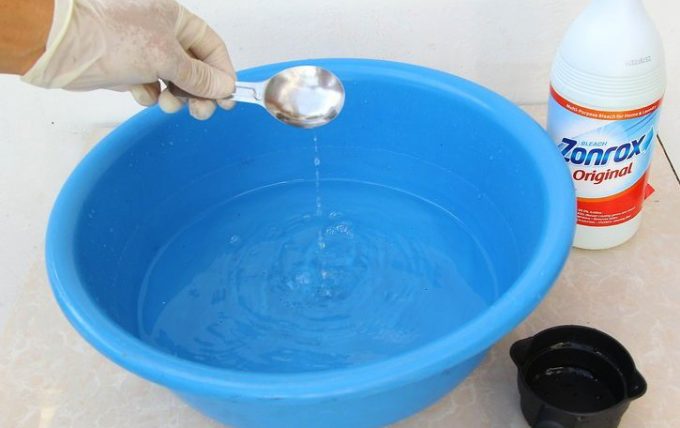
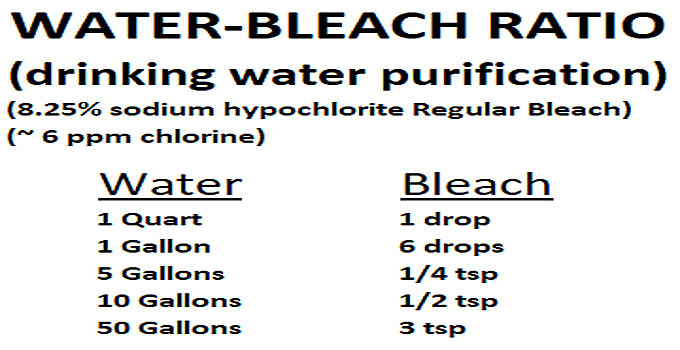


:max_bytes(150000):strip_icc()/better-laundry-results-with-chlorine-bleach-2145786-v7-HL-FINAL-5bfc1b8946e0fb002658eac6-93581e22f97f49288a048f1876e9eef7.png)
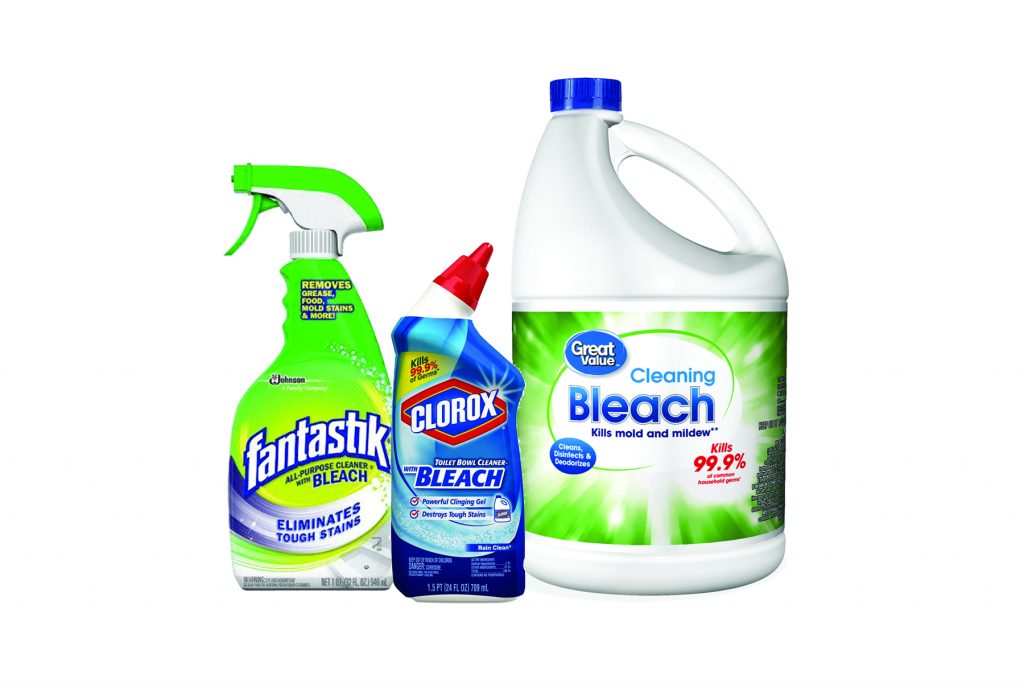
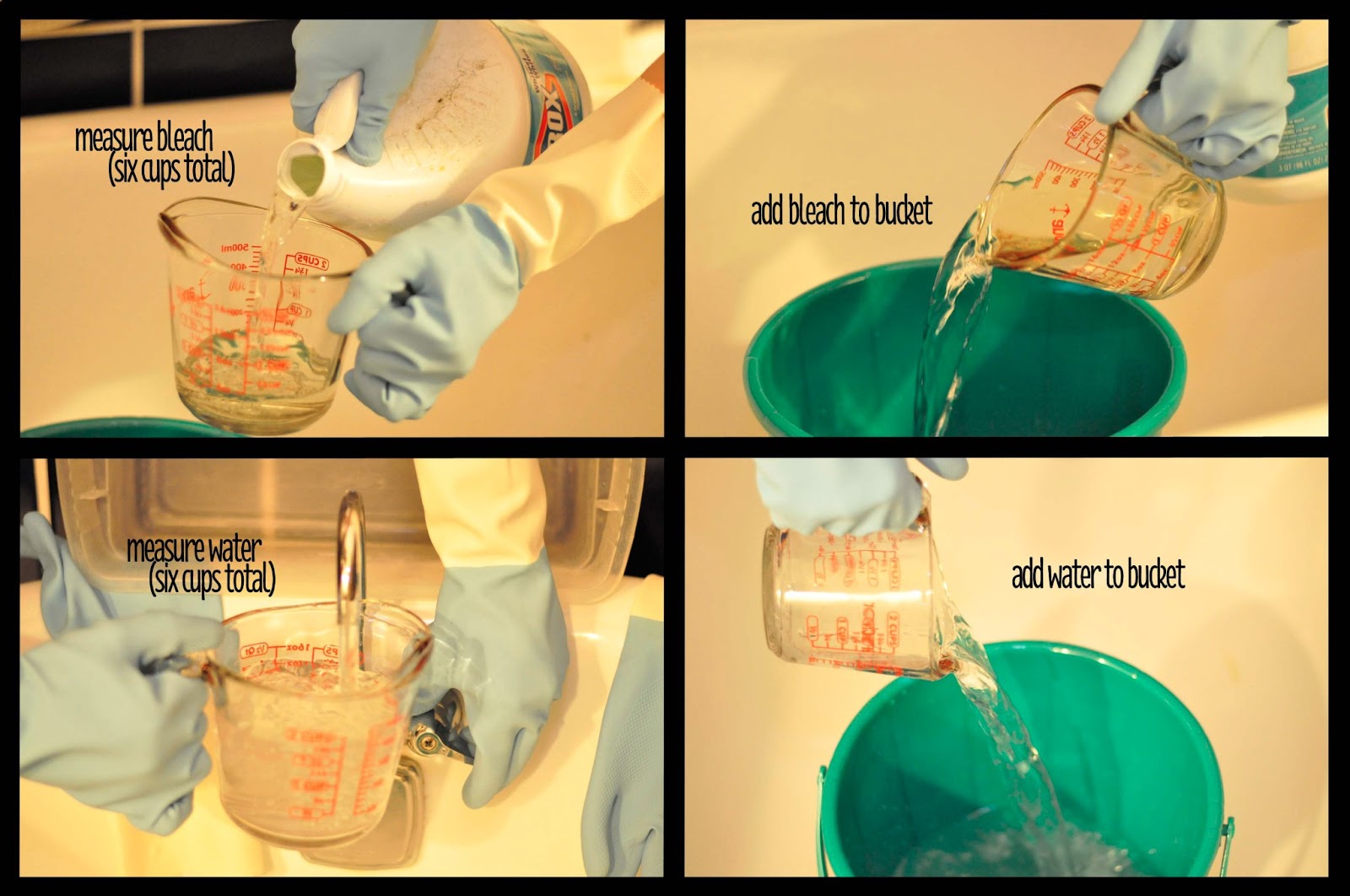



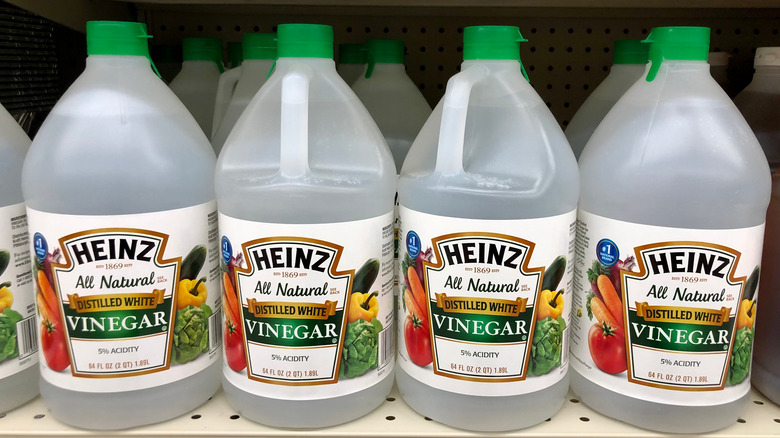
















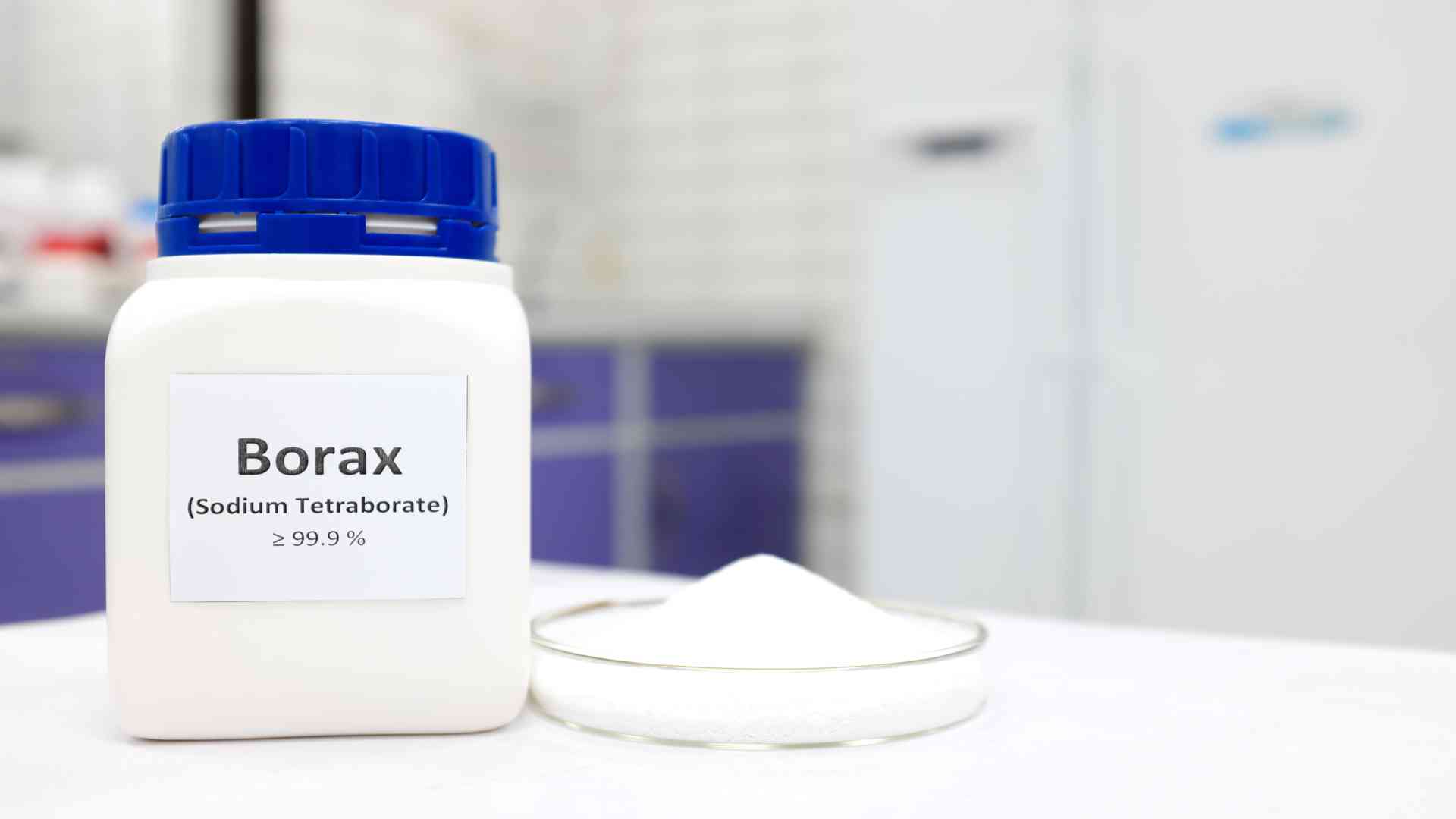
:max_bytes(150000):strip_icc()/borax-laundry-booster-1387922-04-0860f7fde103482d9ae3b861d4b6fc74.jpg)







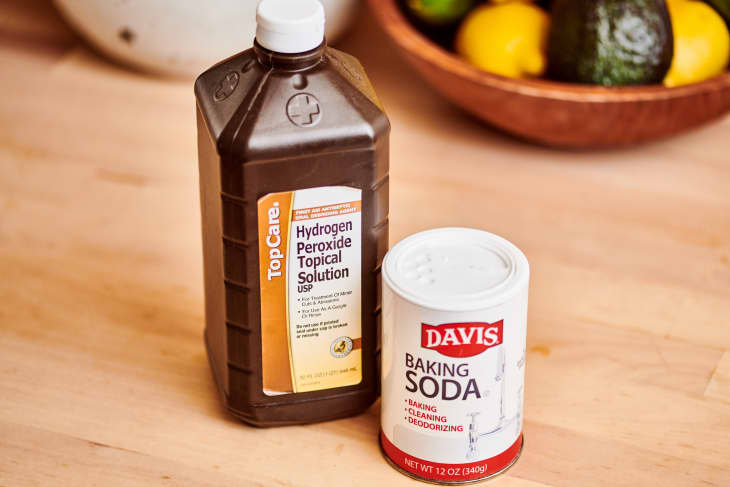
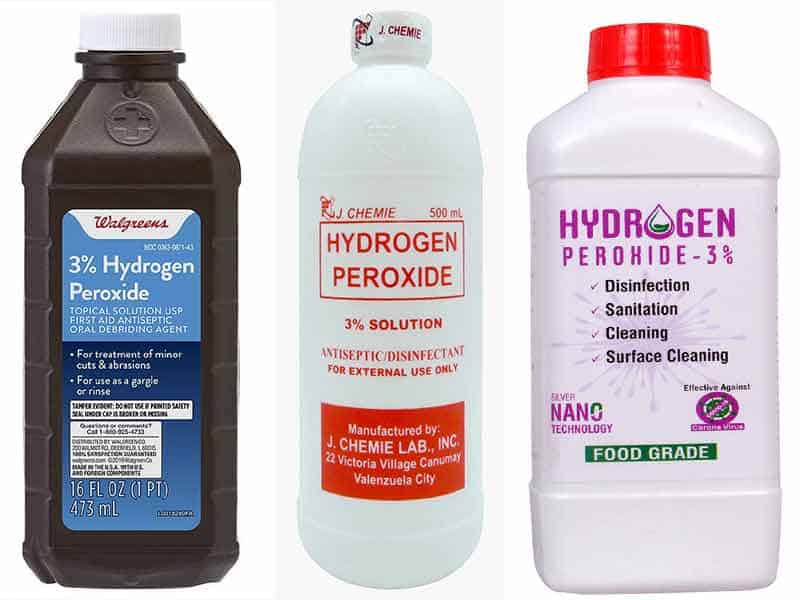
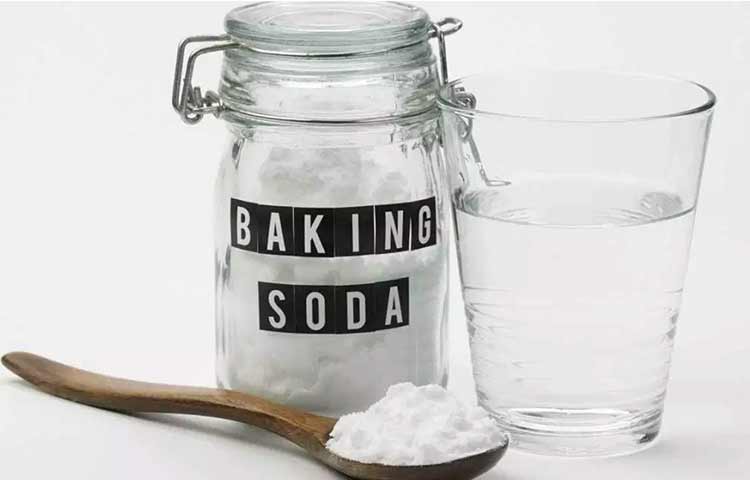

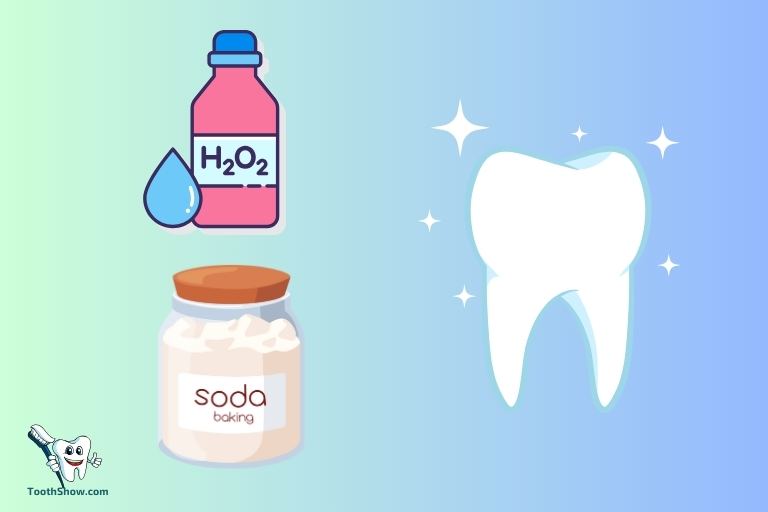


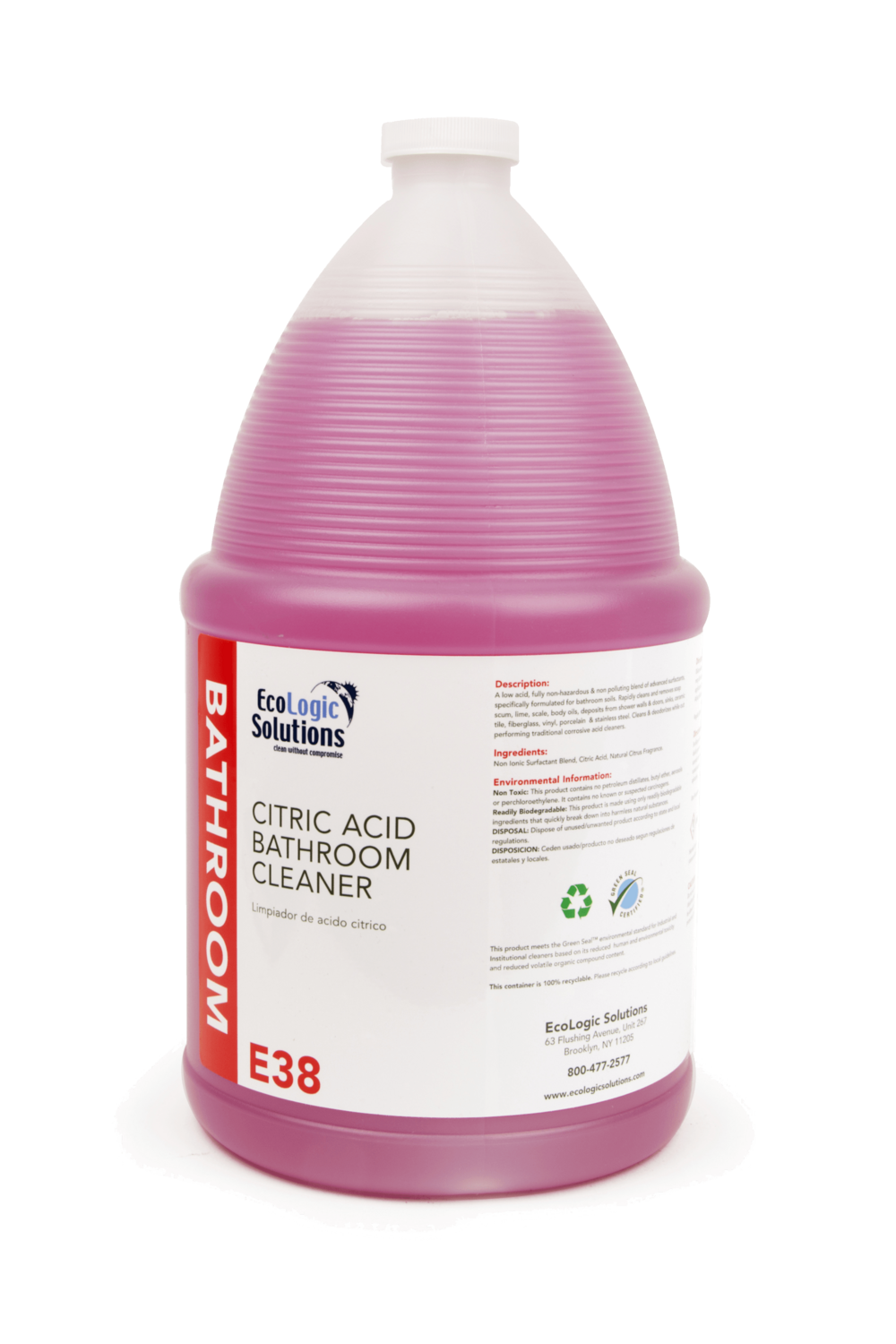

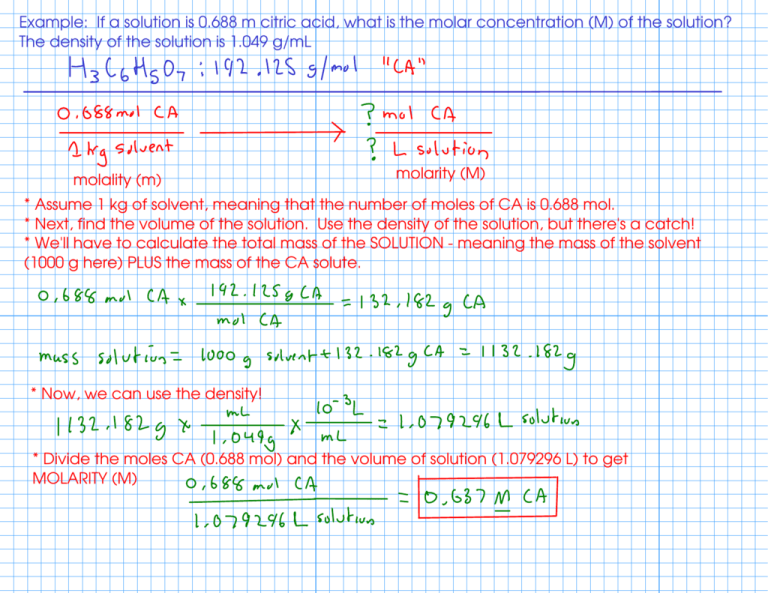



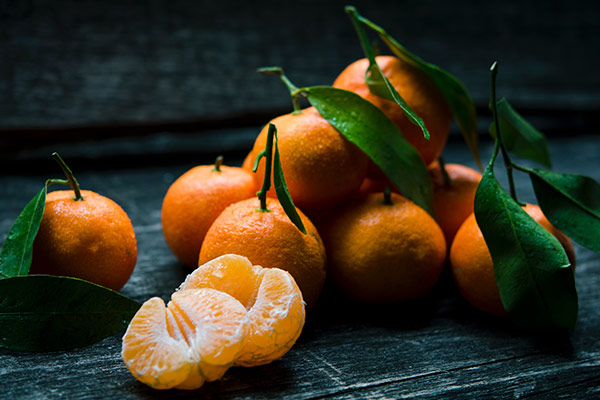
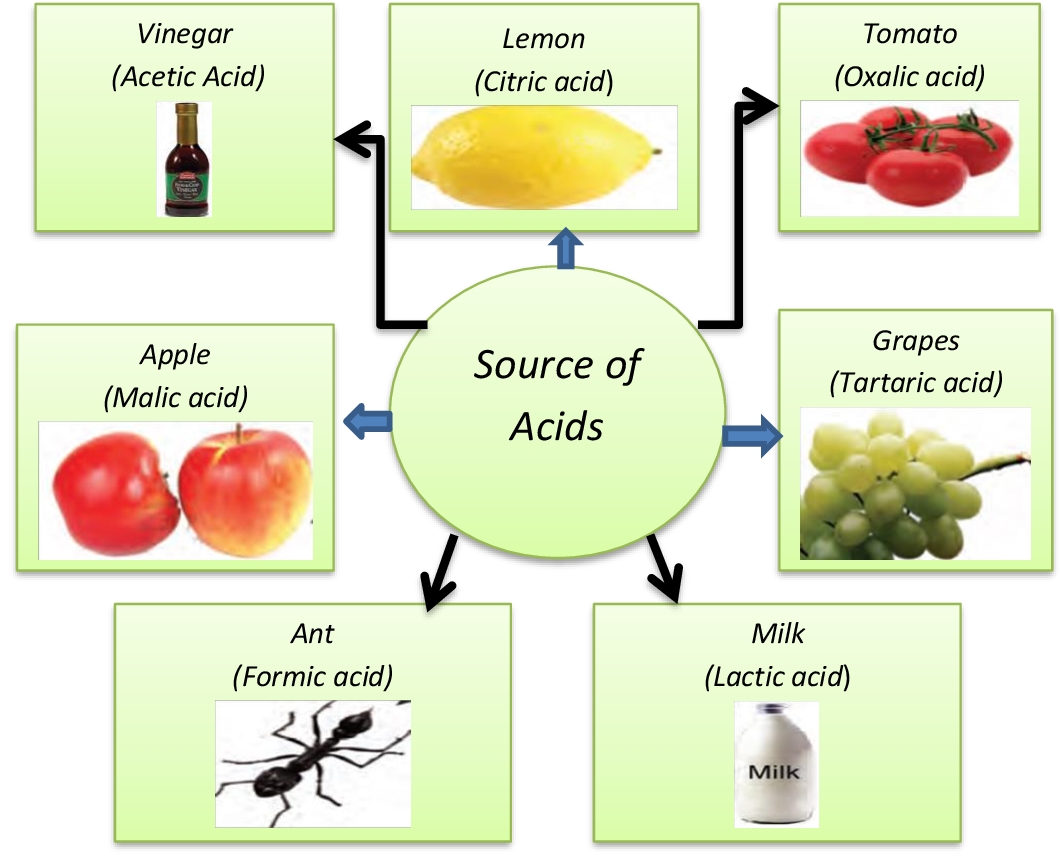

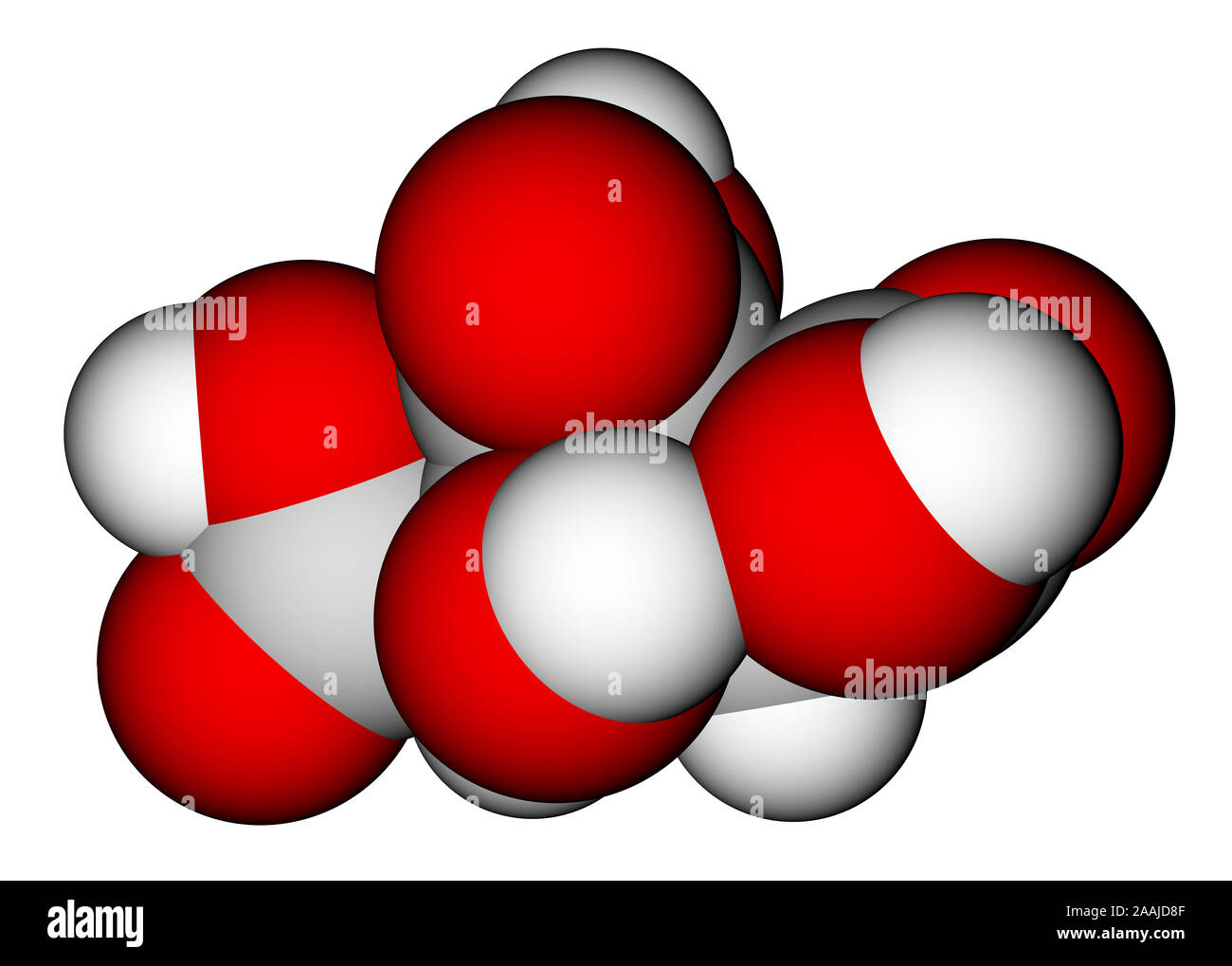








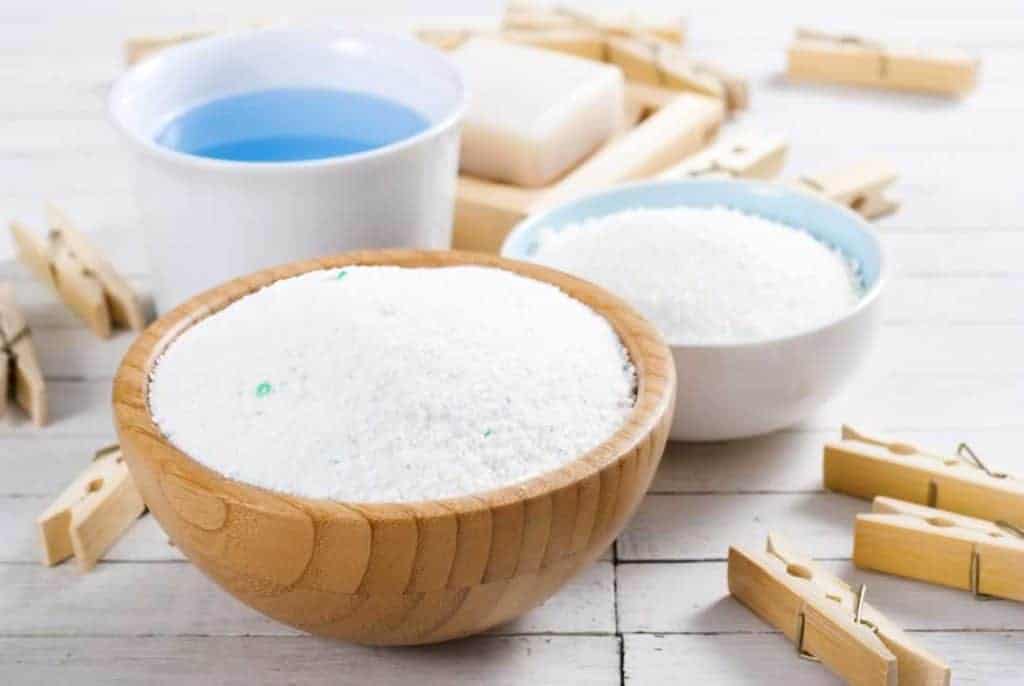
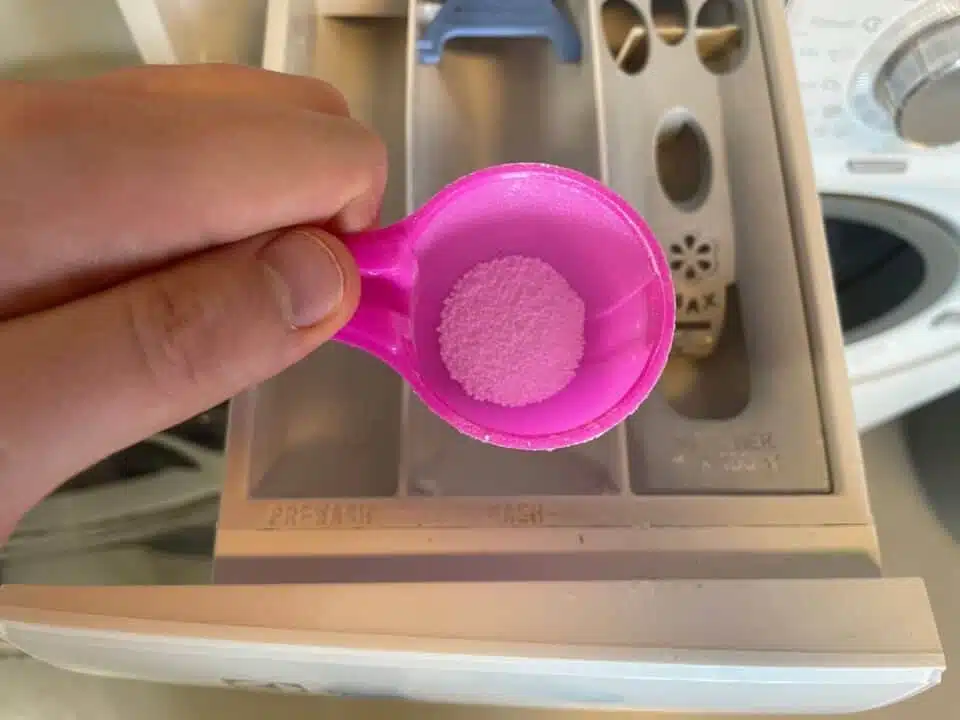
:max_bytes(150000):strip_icc()/GettyImages-88852977-571f90e35f9b58857d202edd.jpg)
/oxygen-bleach-large-588cb1633df78caebc7f3e60.jpg)






